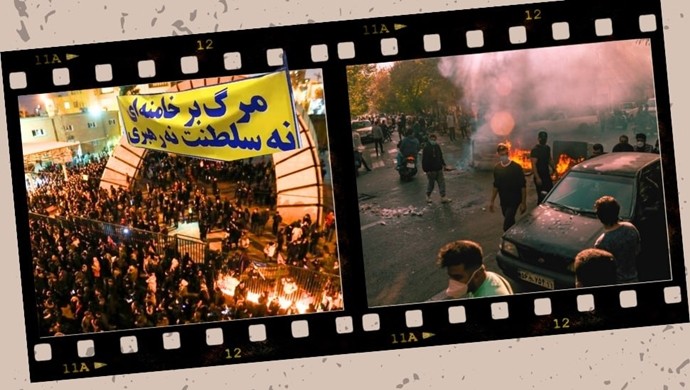

Speaking at the tomb of Ruhollah Khomeini, the regime’s founder, on March 29, Eje’I’s words painted a picture of a regime under siege, facing both internal factionalism and external pressures. His comments come amid a backdrop of increasing public dissatisfaction and hints at a fear of potential societal upheaval.
Eje’I attributed the nation’s troubles to “enemies and demons” aiming to sow division, despair, and pessimism among the populace. However, his narrative quickly shifted towards the internal turmoil, urging restraint against “canceling, spreading rumors, accusations, and conspiracies” within the regime’s factions.
Despite his calls for unity, Eje’I did not shy away from highlighting the explosive potential of the country’s societal conditions, indirectly critiquing the current leadership for failing to mitigate the rising tensions. The Mizan News Agency, owned by the judiciary, further quoted him emphasizing the government’s responsibility towards ensuring the people’s dignity, comfort, and security.

The judiciary head’s fears are not isolated. Recent statements from various regime officials and media outlets have openly expressed concerns about the government’s ability to address the nation’s problems. From politicians like Mansour Haghighatpour, who suggested an apology from President Ebrahim Raisi, to journalists and former parliament members critiquing the government’s competence, the narrative of discontent is widespread.
Criticism extends beyond the government’s handling of internal issues, touching on the broader implications of its perceived failures. Statements from within Raisi’s own “principlist” faction suggest a disillusionment with the government’s promises and its ability to fulfill them. The growing chorus of warnings from both moderate and hardliner factions alike points to a profound unease about the path Iran is on under Raisi’s leadership.
This internal turmoil and the public’s apparent boycott of what has been labeled as “sham elections” highlight the significant challenges facing the Iranian regime. Raisi, once seen as a potential unifier who could consolidate power and confront an uprising, now stands at the center of a deepening crisis. The unfolding situation in Iran suggests that the government may be at a critical juncture, with its ability to govern effectively and maintain cohesion increasingly in question.

MEK Iran (follow us on Twitter and Facebook), Maryam Rajavi’s on her site, Twitter & Facebook, NCRI (Twitter & Facebook), and People’s Mojahedin Organization of Iran – MEK IRAN – YouTu







